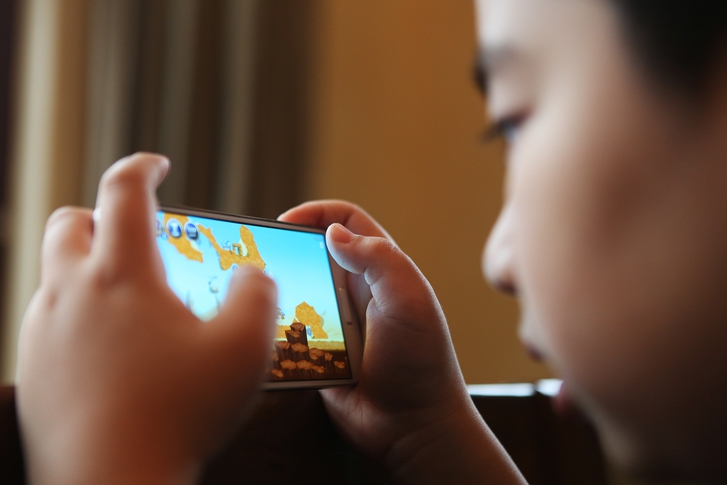 |
|
The World Health Organization has recently classified game addiction as a mental health condition.
|
S. Korean health authorities pushing to reflect development in domestic disease classification
After the World Health Organization (WHO) recently decided to classify “gaming disorder,” or game addiction, as a medical condition, South Korea’s health authorities are also pushing for a plan to reflect this in its disease classification. The 11th version of the International Classification of Diseases (ICD-11), which designates gaming addiction as a mental health disorder, was endorsed in a meeting of the WHO, held on May 25, with ICD-11 set to take effect in 2022. Following this decision, South Korea’s Ministry of Health and Welfare (MOHW) announced on May 26 that it would be setting up a public-private deliberating body next month representing related agencies, organizations, and experts in order to apply ICD-11 domestically and take related steps. The Ministry has agreed to have stakeholders and medical experts on game addiction help define the concept of game addiction in terms of medicine and public health and to carry out a study to ascertain the current state of game addiction. After that, MOHW intends to lay the foundation for systematic management of this disorder, which will involve drawing up concrete standards for diagnosis. “As health officials, we will be ascertaining the current state of game addiction through an epidemiological survey and developing measures for treatment and prevention,” a MOHW official said. But it may be a while before game addiction is officially classified as a medical condition in South Korea. The country’s standards for medical conditions and causes of death, which are revised every five years, are due for an update next year. But the study of the current state of game addiction will take time to complete, suggesting that gaming addiction won’t actually be added to the standards until 2025. Furthermore, game addiction is a controversial issue in society, with parents and educators in sharp disagreement with the gaming industry. NGOs representing parents and educators regard game addiction as something to be prevented and treated, while the game industry regards these as extreme and biased steps aimed at demonizing games. By Kim Yang-joong, staff reporter Please direct comments or questions to [english@hani.co.kr]





